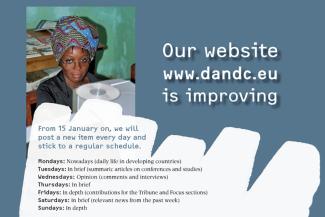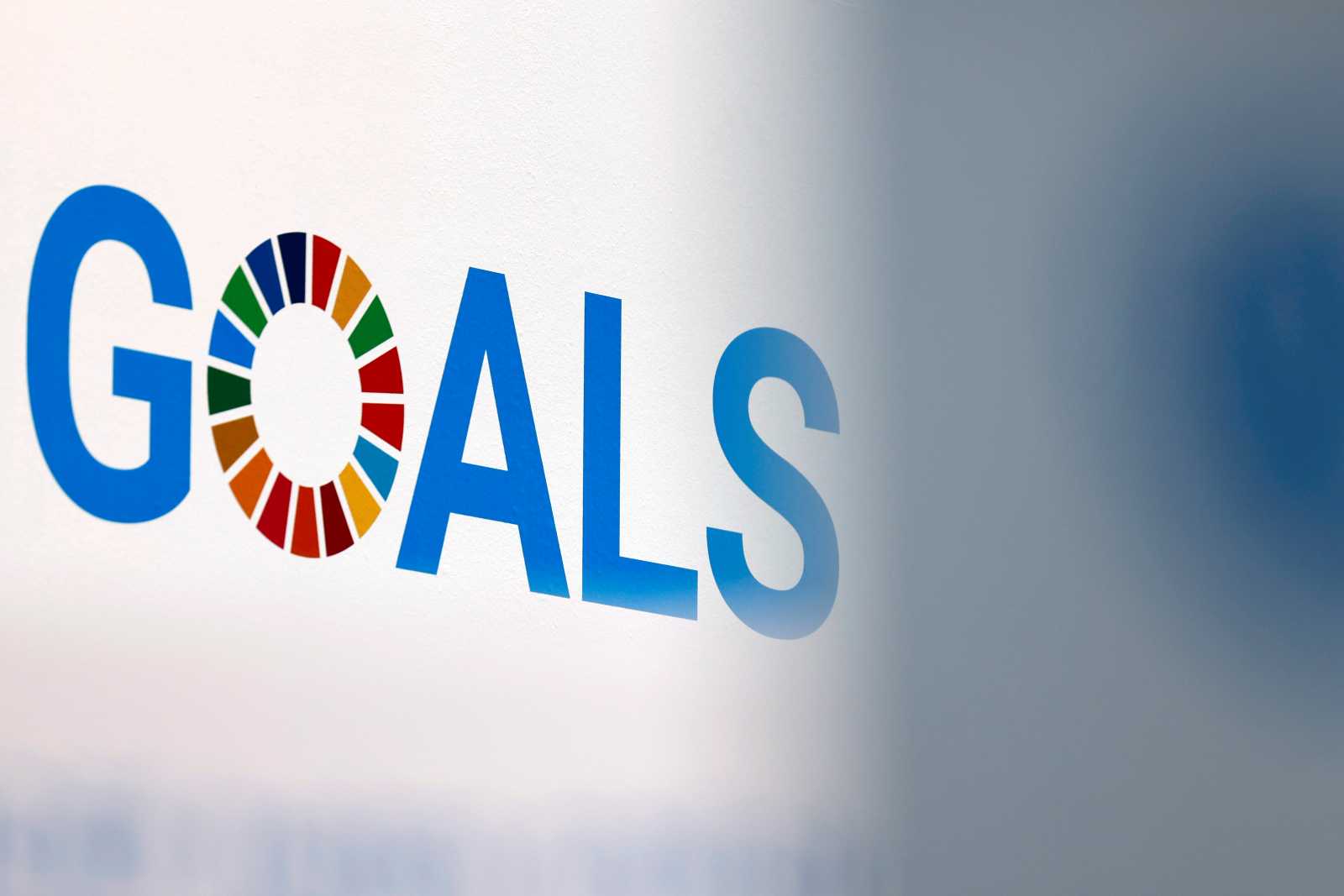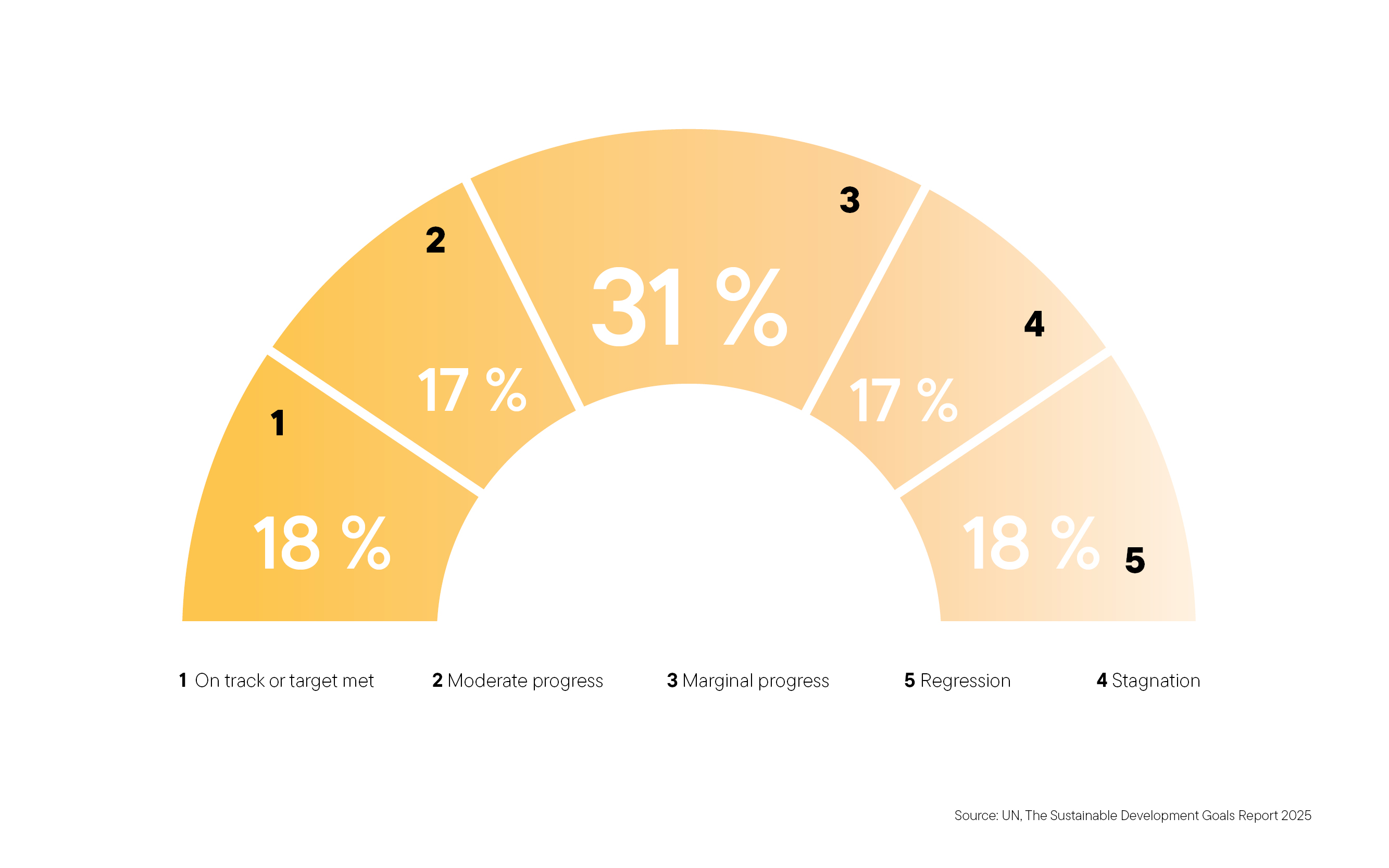D+C/E+Z
Faster – but just as enduring

“We should be doing more on our website,” is the wish I have been expressing ever since I became editor-in-chief of D+C/E+Z at the end of 2003. Eleven years ago, we posted all our manuscripts online once a month, without any illustrations. We’ve redesigned the website several times since then, but so far it never became more than an internet-version of the print magazine. That has now changed. www.dandc.eu has started to publish additional content online every day and now offers interactive ways to communicate.
In the past, most of our contributions appeared on the website before you, our readers, would hold the print version in your hands (see box). Henceforth, however, the slogan “online first” does not only apply to the publication date. Engagement Global, the agency on behalf of which D+C/E+Z is published, has redefined our assignment after extensive discussions with the editorial team, our advisory board and Germany’s Federal Ministry for Economic Cooperation and Development (BMZ), which funds D+C/E+Z. D+C/E+Z now has three modes of distribution:
- a website with at least one new contribution every day,
- a digitised monthly magazine that essentially carries on in the tradition of the old print paper and
- a new print publication to document our focus sections and related articles.
Our basic mission has not changed. We are meant to create a credible forum for debate at an international level. The new cross-media approach will not cost our government more money. We will spend less on paper and postage, and the funding we save that way is invested in our editorial staff, enabling us to produce more content. Using less paper and shipping fewer magazines is obviously environment-friendly. The essential goals, however, are
- to reach out to you with content in the usual quality in a faster and more reliable way,
- to attract additional readers and
- to enable everyone to interact with one another.
D+C/E+Z isn now in a position to support in a more effective way Engagement Global’s efforts to inform non-governmental organisations, network relevant institutions and give a voice to civil society.
Daily updates
We are now posting daily contributions on www.dandc.eu according to a weekly schedule:
- On Mondays we publish the Nowadays columns in which correspondents deal with issues of daily life in developing countries.
- On Tuesdays and Thursdays, we run contributions that discuss recent studies and conferences in brief, in the way that you are familiar with from our Monitor section.
- On Wednesdays, contributors share their views in comments and interviews of the kind you normally find in our Debate section.
- On Fridays and Sundays, we post longer contributions that fit into our Focus and Tribune sections.
- On Saturdays, we summarise the week’s most important news regarding global development.
A new format on the website allows you to share your views concerning our contributions. All of you who register (free of charge) have the opportunity to publish their comment underneath an article and thus interact with other readers. We will not permit statements that disregard human dignity, glorify violence or oppose democratic principles however.
The website will stay bilingual. For reasons of costs and time, however, some contributions will only appear in English. English is the priority, as the vast majority of our German readers know English, while the vast majority of our international readers do not know German.
As we have been doing for two years now, we will continue to post comprehensive briefings on the website. These briefings include all contributions from the current focus section, as well as previous coverage related to the topic and relevant items we publish at a later point in time. Of course, we will also stay available via social media. So far, we are using facebook and twitter, and we will soon add google+. You are invited to follow what we are doing and get in touch with us relying on these platforms.
Digital magazine
The last issue of the monthly print magazine will be issued in May. However, the magazine will live on as an e-paper that will be launched in February for the first time. If you want to stick to the monthly rhythm, we will henceforth serve you 12 times a year instead of only 11 times as we previously did. From February to May, we will publish the magazine in the print and e-paper avatars, but afterwards the print version will be discontinued.
You will be able to download the digital magazine from the website and read it offline. It will include links and some multi-media content. Its main advantage, however, will be being immediately available at the beginning of every month.
The most recent digital magazine will be openly available to all visitors on the website. Those who want to access back issues, however, will have to register for free. Registration will also allow you to get our newsletter that will inform you whenever a new digital magazine is released.
Bi-monthly print edition
The new bi-monthly print magazine will be an entirely new product. It will be distributed in August for the first time. It is meant to document what is discussed in the focus sections. Each issue will deal with two topics.
The new format will spread politically relevant information and is designed to serve civil-society organisations and other relevant institutions. We want to be listed in libraries and expect the print version to boost the reputation of the website. The bimonthly paper’s coverage will be more comprehensive than our monthly focus sections are. We will print fewer and smaller pictures than previously in order to include more text. We are sure our online presence will prove convincing. In the longer run, we are considering to ask you to renounce your print subscription so we can provide your issue to an educational institution, civil-society organisation or municipal body.
D+C/E+Z will continue to involve civil society, government agencies, academia and private-sector businesses in controversial debates at an international level. As the editor-in-chief, I am delighted that we are finally in a position to fulfil our mission in an up-to-date manner. The internet allows us to communicate faster and in an interactive way, and the print version will safeguard enduring relevance of what we publish.
Hans Dembowski is the editor in chief of D+C/E+Z.
euz.editor@fs-medien.de
http://www.dandc.eu









